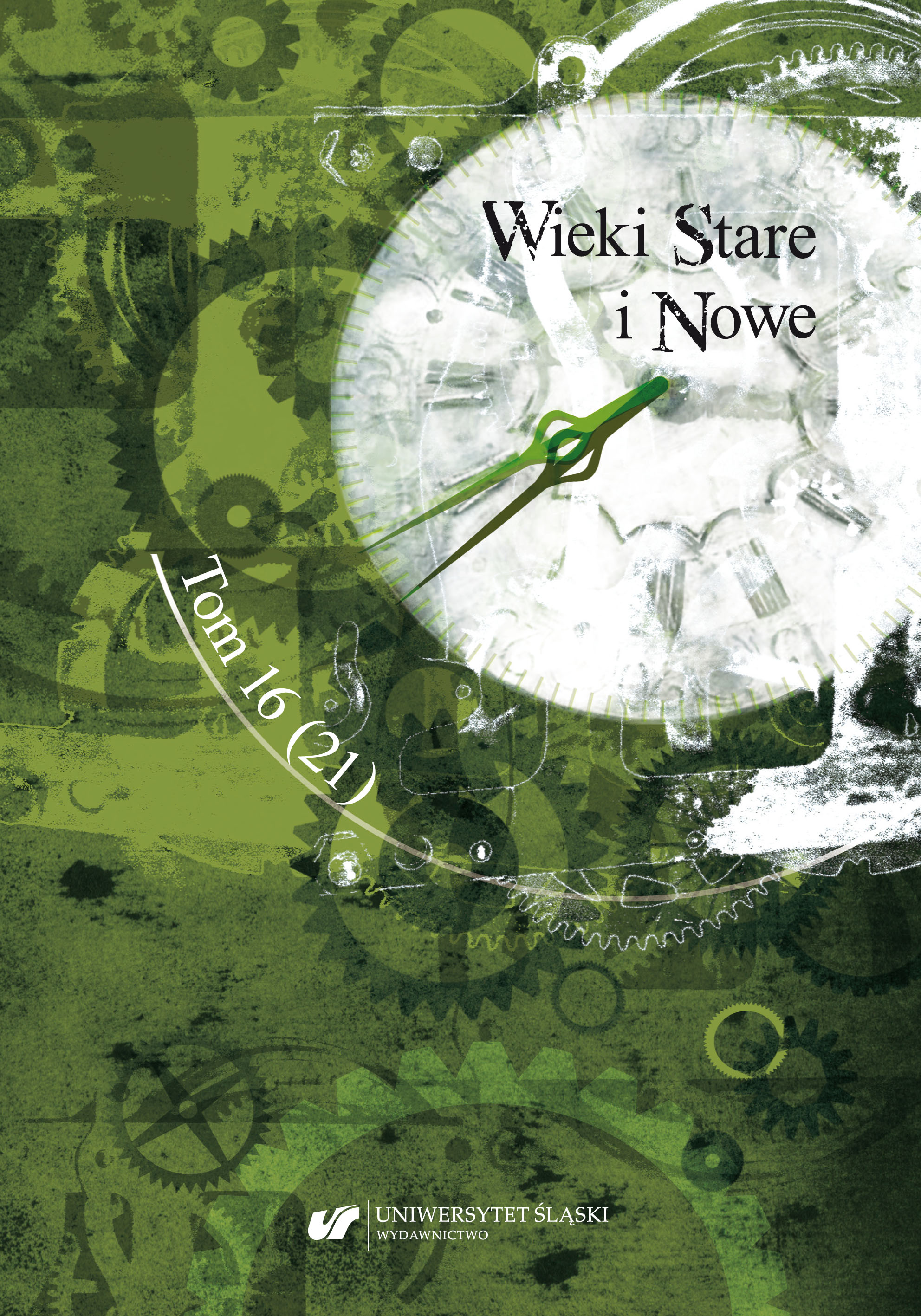Impietas G. Juliusza Cezara
The Impietas of G. Julius Caesar
Author(s): Henryk KowalskiSubject(s): History
Published by: Wydawnictwo Uniwersytetu Śląskiego
Keywords: Caesar; Roman religion; cult of leaders; impietas;civil wars;
Summary/Abstract: The declining years of the Republic brought many transformations and the development of new political, social and religious ideologies. Gaius Julius Caesar was indisputably one of the greatest religious “innovators” in this period. In this context, accusations of impietas against Caesar, leveled by his adversaries, are characteristic. They can be divided into several categories:— negation of the existence of the gods: this accusation concerned Caesar’s statement during theCatilinarian trials that death brought rest rather than agony; that beyond death there was nomore worry or joy. Marcus Porcius Cato accused Caesar of the lack of belief in the afterlife andin punishment after death;— violations of the sacrosanctitas of the tribunes of the people Epidius Marullus and Caesetius Flavus, whom Caesar deprived of power;— profanatio templi, connected with the placing of the statute of the commander (Caesar) in the quadriga on the Capitoline Hill, with the globe at Caesar’s feet, and a picture bearing the inscription “To Invincible God” (Deo invicto), which was put in the Quirinus temple;— violatio luci: Caesar was accused of cutting down the “holy grove” near Marseille;— contra auspicia: Caesar was accused of ignoring the observation of the sky in 59 BCE and obnuntiatio of Bibulus;— bella impia: the main charge was that of triggering the civil war, which was explicitly called: bellum impium, scelerum, nefandum, and, furthermore, supplicationes, ovatio and triumphus were not allowed for victories;— posthumous impietas: Caesar was commemorated by special Parentalia and supplicationes, which Cicero regarded as “inexpiabiles religiones”.
Journal: Wieki Stare i Nowe
- Issue Year: 21/2021
- Issue No: 16
- Page Range: 23-40
- Page Count: 18
- Language: Polish

